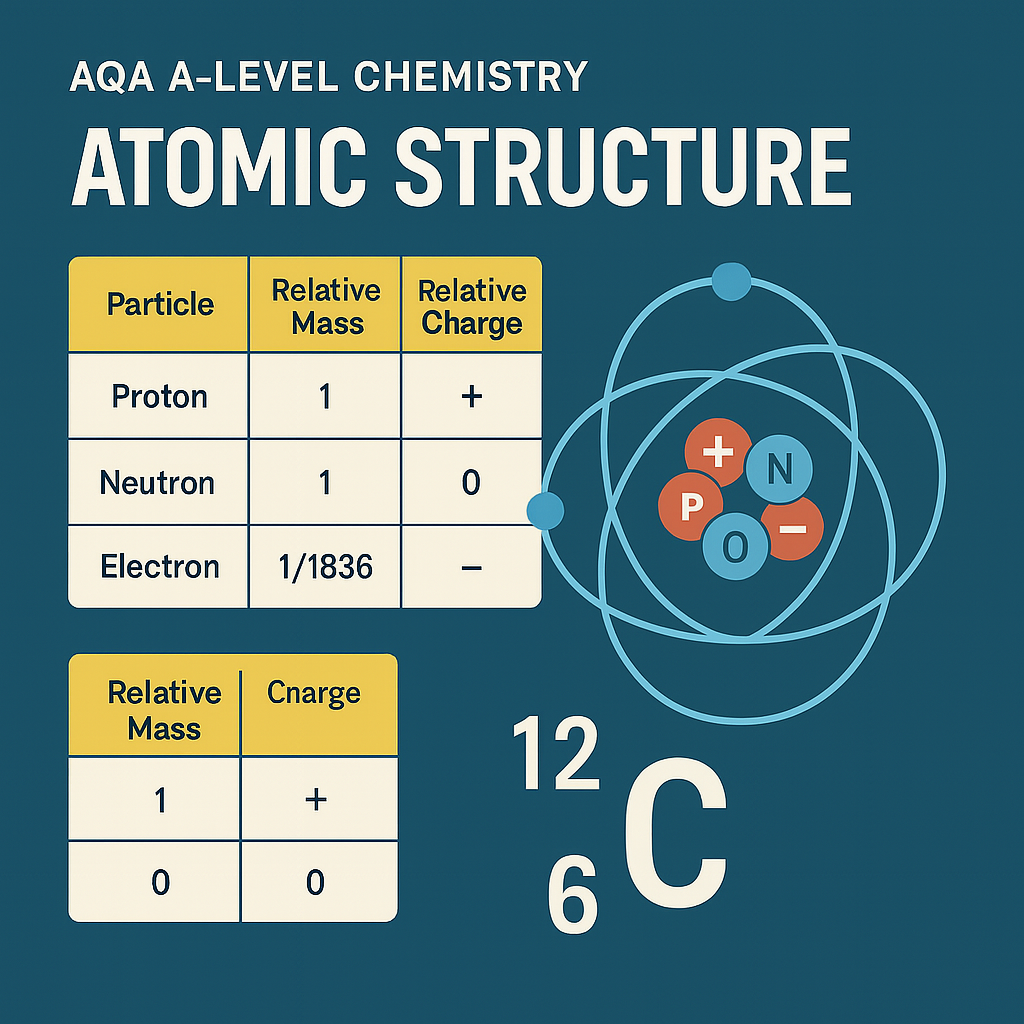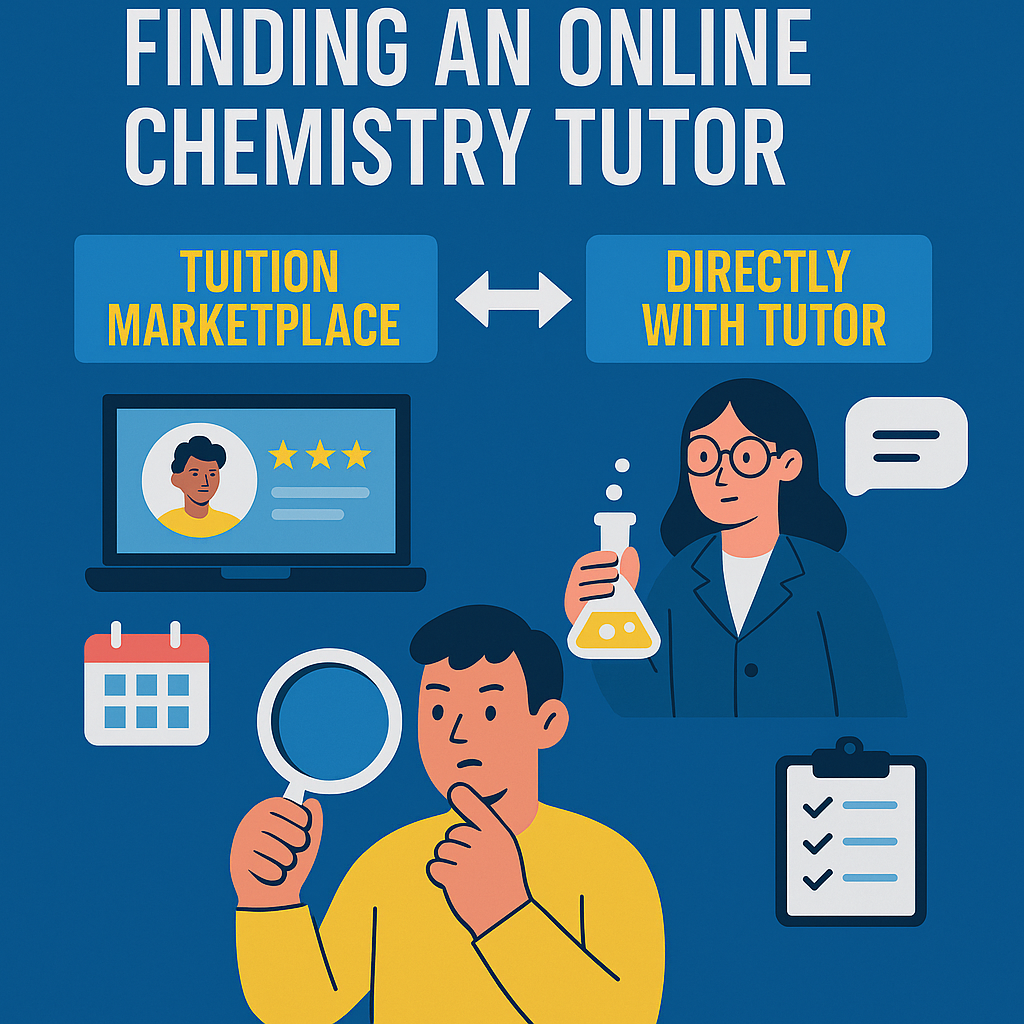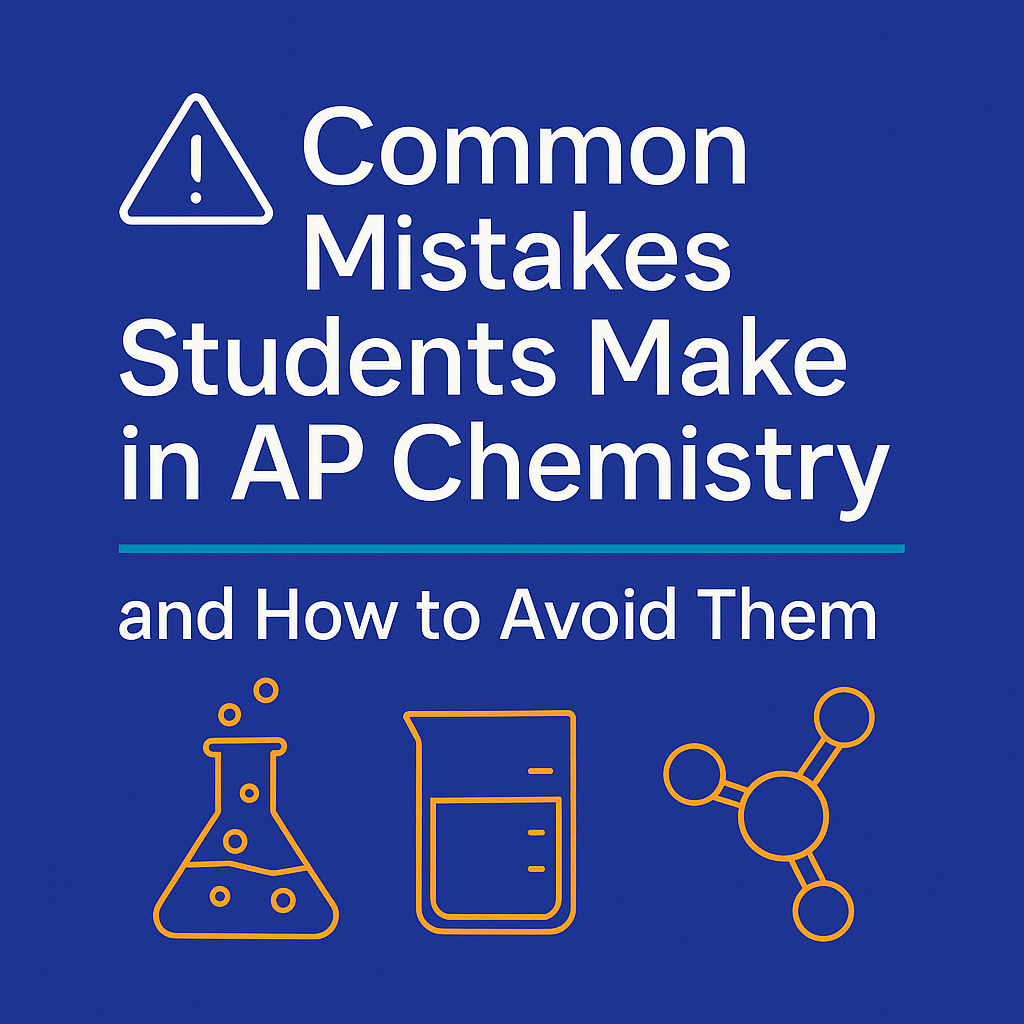Not Sure If You Need a Chemistry Tutor? Here’s How to Tell
Do you dread chemistry lessons or tests? Avoid studying it? Procrastinate heavily?
Chemistry can be one of the most rewarding—but also one of the most challenging—subjects for students at GCSE, A-Level, and IB.
If you’re finding it hard to keep up, you’re not alone. Knowing when to get a tutor can make the difference between frustration and confidence, or a borderline grade and top marks.
1. Falling Behind in Class or Homework
One of the clearest signs is when a student starts to struggle with class content, doesn’t finish their homework, or avoids certain topics (hello, organic chemistry!). If you're thinking:
“I just don’t get this,”
“The teacher went too fast,”
“I’ll just skip this question”
...it may be time to step in with additional support.
2. A Sudden Drop in Grades
A few low marks can happen to anyone—but a pattern of underperformance, especially in key topics like moles, bonding, or electrolysis, is worth taking seriously. These topics build on each other. A missed step now could snowball into exam trouble later.
3. Chemistry Anxiety or Avoidance
Do you dread chemistry lessons or tests? Avoid studying it? Procrastinate heavily? This might not be laziness—it could be a sign you feel overwhelmed. A tutor can help break topics down, rebuild confidence, and change the narrative.
4. Unclear Revision Strategy
If your revision plan is just “read the textbook” or “watch YouTube videos,” you may not be studying effectively. A specialist chemistry tutor provides:
Tailored strategies
Exam board-specific techniques
Practice with past paper questions
...which builds the foundation for real exam success.
5. Trouble with Exam Technique
Many students know the content but lose marks due to:
Misreading questions
Not showing working in calculations
Knowing how much to write
Using the right command words (e.g. “explain” vs “describe”)
Failing to use key command words
A tutor can teach exam technique, which is often what separates a B from an A.
6. You’re Not Sure How to Help
Even parents with science backgrounds can find modern syllabuses confusing. If you’re unsure how to support your child—or if tensions rise during revision—bringing in an external tutor can ease pressure at home.
7. They're Aiming for Top Results (A* or 7)
A tutor isn’t just for struggling students. If your child is motivated and aiming for a top university or a competitive course like medicine, a tutor can:
Stretch their thinking
Refine their answers
Push them beyond the spec
What a Chemistry Tutor Can Do
A good tutor will:
✅ Identify learning gaps
✅ Build topic mastery
✅ Sharpen exam technique
✅ Provide accountability and encouragement
✅ Tailor lessons to the exam board (AQA, Edexcel, OCR, IB, etc.)
When Should You Start?
The best time to get a tutor? Before exam pressure hits. Ideally:
Start in Year 10 or Year 12 for long-term support
Or in Year 11 or Year 13 for focused revision help
Final Thoughts
Getting a chemistry tutor isn’t a sign of weakness—it’s an investment in confidence, clarity, and achievement. Whether you are struggling or striving for excellence, targeted support can make all the difference.
Need tailored chemistry support? Book a free consultation today to discuss how online tutoring can help you thrive.





Understand AQA A-Level Chemistry Section 3.1.1.2 on mass number and isotopes. Learn key definitions, isotope notation, calculations, and how this topic builds your scientific and exam skills.